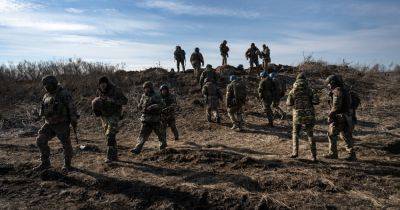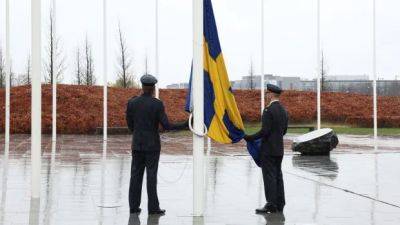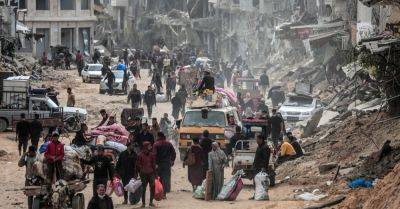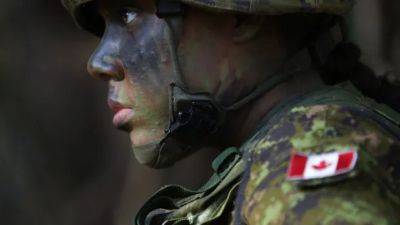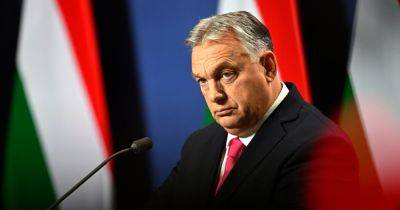Ravaged by war, Russia's army is rebuilding with surprising speed
As the second anniversary of the full-scale invasion of Ukraine arrives, the Russian Army is showing a remarkable capacity to take extraordinary punishment and regenerate itself at a pace western military leaders and experts had not anticipated.
Only nine months ago, American intelligence officials were telling the U.S. Senate Armed Services Committee that it would take a decade — or more — for Moscow to recover from the staggering losses inflicted by Ukrainian defenders. The German Council on Foreign Relations refined that estimate last fall, warning that the window would be more like five to eight years.
«They are sparing no effort in their reconstitution,» Gen. Christopher Cavoli, NATO's supreme allied commander, said last month after a meeting of the alliance's chiefs of defence staff.
«They are devoting an enormous fraction of their budget to the military over the coming years, next year specifically, and they are running their defence industrial base just as fast as they can right now.»
Other top military commanders also acknowledge the shift but qualify their assessment by saying that while Moscow is churning out quantity, it may not be achieving quality.
«The number of [Russian] forces that have been going into Ukraine has increased over the last two and a half years, but qualitatively it is going down in terms of the land domain — and that is both in their capabilities and in the personnel capabilities,» said Dutch Admiral Rob Bauer, the chair of NATO's military council.
«It has more people, but it's less trained than when they started the war in the land domain. They lost a lot of tanks, a lot of armoured vehicles, they've lost airplanes, they lost helicopters… a lot of equipment.»
Last week, a senior U.S. Pentagon



